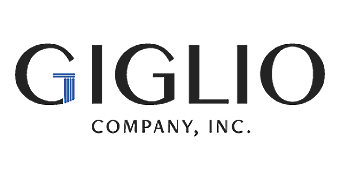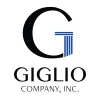Three Indispensable Communication Principles
You must “be” before you “do.”
You can “do” to the extent which you “are.”
What you “are” depends on what you “think.”
-from the book: The Master Key System by Charles Haanel
Said simply, you must talk the talk and walk the walk to succeed.
“Be before you do” means understanding who YOU are and what matters most to you. It’s what drives you, what gets you up in the morning, what you determine to be your signs of success.
“Do to the extent which you are” means that you can only produce a result you see yourself producing. When you set goals, you set them within what you believe is attainable.
“What you are depends on what you think” says that you define yourself by what you consistently think about. If you’re always thinking about how bad things are, you are defining your attitude for yourself and your team. If you are someone who is always looking for improvement opportunities, then you are putting that out to the world as who you are.
Haanel’s adage makes sense for our world today. The time for genuineness has never been more in-demand. And as he is noting, it all starts with you. People know when you are recommending something that suits you over them and they know when you are recommending an action that’s best for them. Have you defined yourself as someone who is sympathetic to their issues/situation or as someone who is only focused on their own success?
Recently, a client of mine asked if I knew why she had hired me. I was speechless (rare for me!). I said that I would very much like to know. She said that during the interviewing process, the other consultants didn’t make her confident with what they’d deliver. When we met, she said, I had made it clear what I was going to do, how I would do it, and what results we would produce. She didn’t have to guess or wonder. Once I completed the program, she was satisfied that we had accomplished what we had agreed to do at the onset.
In this instance, I was “being” someone who cares deeply about my clients and the challenges they face. What I was “doing” was envisioning my client’s success and setting aggressive goals I knew I could achieve. And I knew I could deliver because what I was “thinking” was about my client’s long-term success, something that occupies a great deal of my time for all of my clients.
By putting all three elements together, I am able to communicate my company’s brand promise consistently and with confidence.
How do you define yours?




